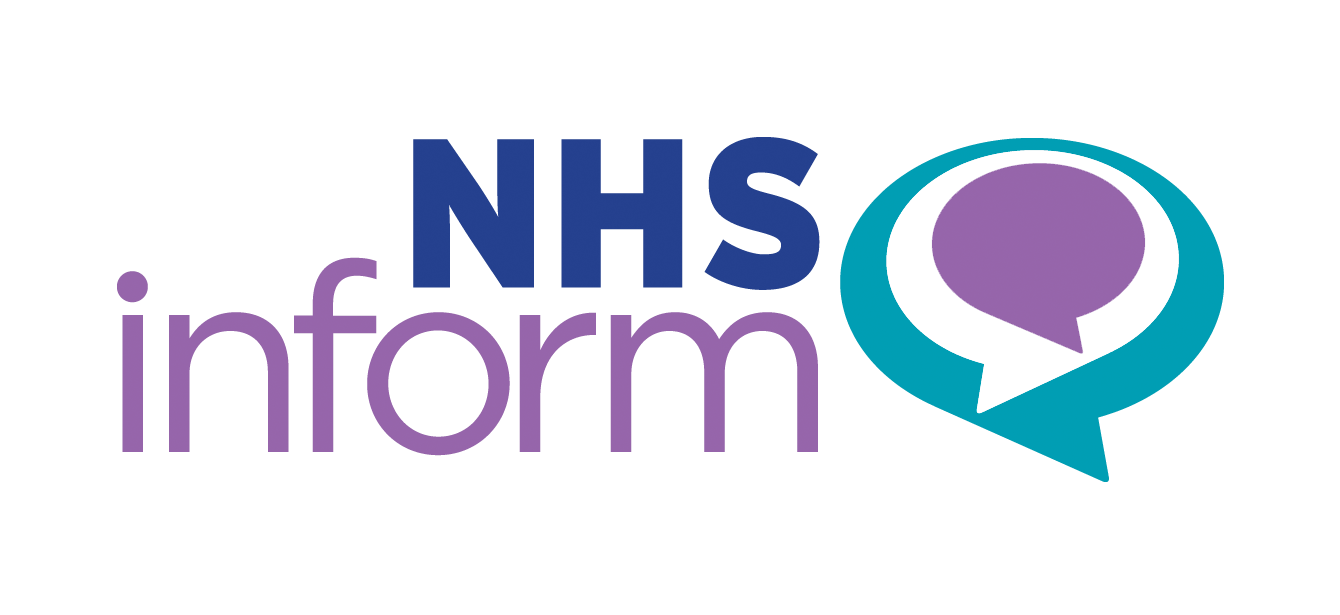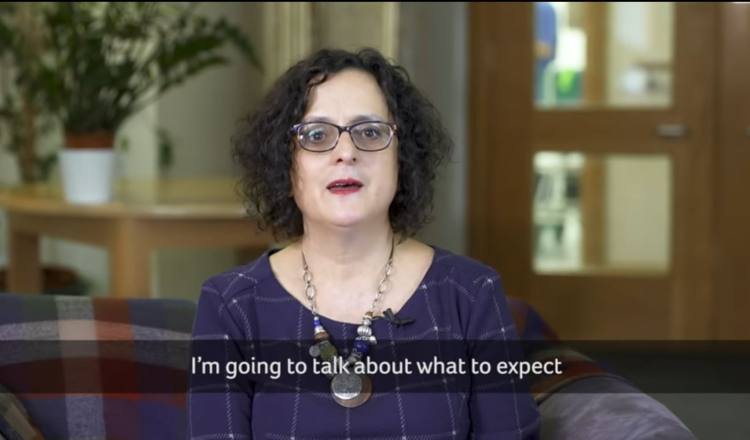[Ok warning - this post may discuss graphic details of end of life situations. I don't want to upset anyone.]
My mother is FTD/nfPPA and has been for 4 years. Her health was never good, and she suffered from a sarcoidosis that almost killed her 2 years ago.
I'm the only son. She has no one else to care for her in the whole world. I placed her in the best care facility i could afford and hired a full time carer on top of it to keep her 'entertained'. If I learned something over the last 4 years, is that it's important to be ready and not to put your head in the sand. That helped me carry the right medicine in my bag at all time in case of hypertension issues for example. The readiness has saved her life on more than one occasion.
I'm really sorry if what i'm about to bring up is in poor taste but please understand I am not a doctor, I've never been exposed to death and therefore when it hits it's going to be me caring for her until the very end. So , i need to know what it's like so i can ready myself and make her passing as confortable as humanely possible. I also need to prepare myself psychologically, as I've been put through the wringer in the last 4 years and I feel i'm often on the edge of a precipice.
a) I read through accounts of people on this forum saying the end 'was mercifully quick'. What does that mean? Outside the scope of a stroke which i can picture, how do people with what my mum has (ftd/nfPPA) die? Does their heart stop or something? I really don't understand and i can't picture it
b) the opposite situation. My mother was a nurse and she saw a lot of people die . She sometimes told me about it and spoke of people choking to death, i guess that means death by asphyxiation , either because the airways are blocked or because they can't take in the oxygen needed. Is that was they describe as a 'slow death'? If my mother was to be in such a situation, is there something I can do or ask the doctors to do to not prolong her pain? She was very clear when she was not sick that she didn't want to suffer (who does, i guess).
Again I'm sorry if i upset anyone but i need to know what i'm going to face when i face it. I'll be alone, and yes, I'm scared.
Thank you.
My mother is FTD/nfPPA and has been for 4 years. Her health was never good, and she suffered from a sarcoidosis that almost killed her 2 years ago.
I'm the only son. She has no one else to care for her in the whole world. I placed her in the best care facility i could afford and hired a full time carer on top of it to keep her 'entertained'. If I learned something over the last 4 years, is that it's important to be ready and not to put your head in the sand. That helped me carry the right medicine in my bag at all time in case of hypertension issues for example. The readiness has saved her life on more than one occasion.
I'm really sorry if what i'm about to bring up is in poor taste but please understand I am not a doctor, I've never been exposed to death and therefore when it hits it's going to be me caring for her until the very end. So , i need to know what it's like so i can ready myself and make her passing as confortable as humanely possible. I also need to prepare myself psychologically, as I've been put through the wringer in the last 4 years and I feel i'm often on the edge of a precipice.
a) I read through accounts of people on this forum saying the end 'was mercifully quick'. What does that mean? Outside the scope of a stroke which i can picture, how do people with what my mum has (ftd/nfPPA) die? Does their heart stop or something? I really don't understand and i can't picture it
b) the opposite situation. My mother was a nurse and she saw a lot of people die . She sometimes told me about it and spoke of people choking to death, i guess that means death by asphyxiation , either because the airways are blocked or because they can't take in the oxygen needed. Is that was they describe as a 'slow death'? If my mother was to be in such a situation, is there something I can do or ask the doctors to do to not prolong her pain? She was very clear when she was not sick that she didn't want to suffer (who does, i guess).
Again I'm sorry if i upset anyone but i need to know what i'm going to face when i face it. I'll be alone, and yes, I'm scared.
Thank you.



